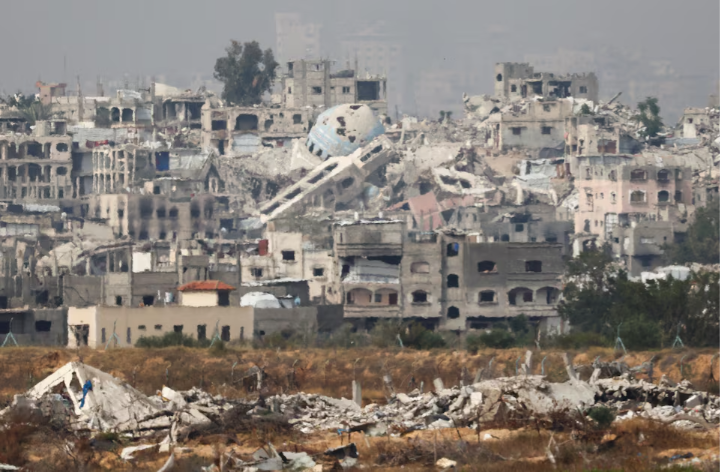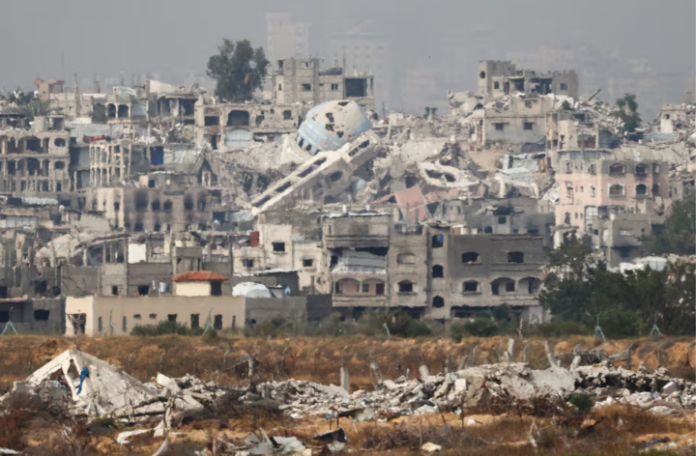Despite renewed ceasefire negotiations in Qatar, Gaza is enduring one of the most intense bombardments in months. Over the past 72 hours, Israeli airstrikes have claimed the lives of at least 146 Palestinians, with hundreds more injured and many still trapped beneath the rubble. This marks one of the deadliest escalations since the previous truce collapsed in March.
The renewed indirect talks between Israel and Hamas, brokered in Doha, began on Saturday. Hamas’s spokesperson, Taher Al-Nono, confirmed that discussions are underway without preconditions. Their demands include a full Israeli withdrawal from Gaza, the release of Palestinian prisoners in exchange for Israeli hostages, and unrestricted humanitarian aid access to the enclave.
Meanwhile, Israel has intensified military operations under a new offensive called Operation Gideon’s Chariots. According to the Israeli military, the goal is to establish “operational control” in key areas of Gaza. Israeli Defense Minister Israel Katz acknowledged that negotiations had resumed, but emphasized that there would be no ceasefire or lifting of the blockade unless hostages are released.
The humanitarian situation in Gaza continues to deteriorate rapidly. The Israeli blockade, in place since early March, has left the region’s 2.3 million residents in crisis. Hospitals are overwhelmed, medical supplies are scarce, and United Nations officials warn that famine is imminent. UN aid chief Tom Fletcher recently questioned the Security Council’s willingness to act to prevent a humanitarian catastrophe.
Casualties on Saturday were largely concentrated in the northern towns of Beit Lahiya and Jabalia, as well as Khan Younis in the south. Over 450 people were wounded in the strikes. Hamas labeled the northern assault a “systematic campaign of extermination” and called on Arab leaders to intervene at a summit held in Baghdad.
Egyptian President Abdel-Fattah al-Sisi condemned the violence, accusing Israel of attempting to “obliterate” the Palestinian population in Gaza. The United Nations also criticized Israel’s recent actions, especially its alleged strikes on hospitals and health facilities.
U.S. President Donald Trump, who visited the region earlier this week, acknowledged the dire food situation in Gaza. A U.S.-backed initiative plans to begin distributing aid using private contractors, though the UN has distanced itself from the effort due to concerns over neutrality and independence.

Adding to the controversy, NBC News reported that the Trump administration is developing a plan to relocate up to one million Palestinians from Gaza to Libya. The report has sparked outrage across Palestinian political factions, all of which reject forced displacement.
Israel maintains that its campaign is aimed at dismantling Hamas’s military and governance structures. The conflict, which began after Hamas’s surprise attack on October 7, 2023, has now lasted over 19 months, with Gaza health authorities reporting more than 53,000 deaths.
Despite the resumed negotiations, there’s little indication that a lasting peace is near. As both sides dig in, the people of Gaza continue to bear the brunt of a war with no clear end in sight.



